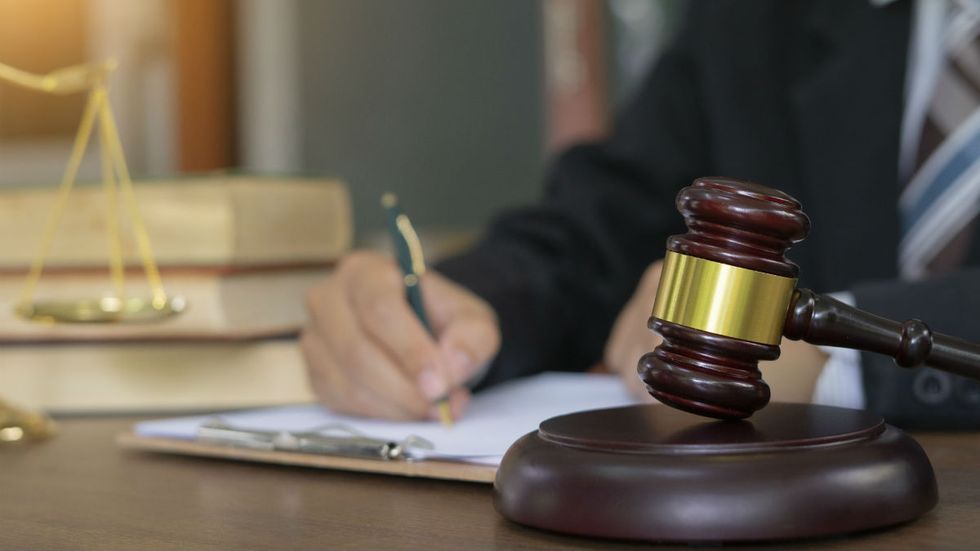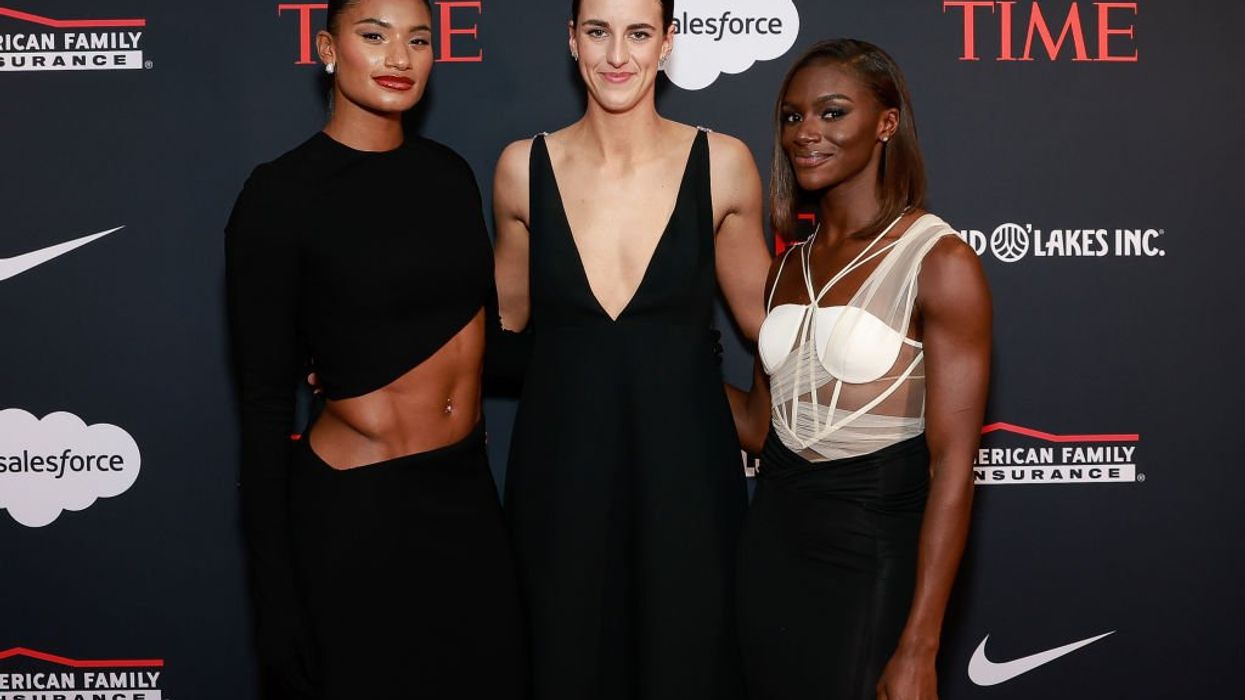
© 2024 Blaze Media LLC. All rights reserved.
Mike Lee: Cut the ABA's privileged say-so on judicial nominees — 'significant left-leaning bias there'
November 01, 2019
A recent controversial rating of a Trump judicial nominee has raised the question of how much influence the left-leaning American Bar Association (ABA) ought to wield in the process of picking America's federal judges.
News broke earlier this week that the lawyers' organization issued a "not qualified" rating against Ninth Circuit judicial nominee Lawrence VanDyke on the eve of his confirmation hearing. More than that, the letter accompanying the rating also engaged in ad hominem criticisms of the nominee, saying that his professional accomplishments "are offset by the assessments of interviewees that Mr. VanDyke is arrogant, lazy, an ideologue, and lacking in knowledge of the day-to-day practice including procedural rules."
The nominee even broke down in tears during his hearing as he disputed a part of the letter that claimed he "would not say affirmatively that he would be fair to any litigant before him, notably members of the LGBTQ community."
"I did not say that. I do not believe that. It is a fundamental belief of mine that all people are created in the image of God. They should all be treated with dignity and respect," VanDyke told Judiciary Committee member Josh Hawley.
During his time at the hearing, Sen. Mike Lee, R-Utah, pointed to the rating and the letter as proof that the group does not deserve the "preferred, widely envied, and unique position" in the judicial selection process that it currently holds.
While the association has taken a special part in the judicial confirmation process for decades, the degree of its input has changed with varying administrations. For example, the George W. Bush administration ended the practice of having the group pre-screen possible nominations before sending them to the Senate.
"There were times when members [of Congress] would just consider that to be the end of the matter, if the ABA didn't consider someone qualified," Lee said in a phone interview with Blaze Media. "But given the sort of politically charged nature of many of their recommendations, some of us are now wondering why they should play any more role — any greater role —in this process than any other organization, any other outside entity. Why the ABA and not the Federalist Society, or the AFL-CIO or the Farm Bureau, or any other entity that has every right to exist but ... occupies no government office?"
To someone unfamiliar with the matter, the fact that a leading professional association for attorneys takes a privileged role in judicial selection might seem like something that wouldn't be controversial. However, the group has long been criticized for its liberal bias and the role that bias plays in the judicial process.
Lee points to a 2012 academic paper published in Political Research Quarterly that empirically found "strong evidence of systematic bias in favor of Democratic nominees" in the ABA's vetting process. "All else being equal," the paper concludes, "a Democratic nominee is more likely to be rated Well Qualified than a similarly qualified Republican nominee."
At a hearing for a different judicial nominee in September, Sen. Ted Cruz, R-Texas, criticized the group's "long and ridiculous record of behaving as a partisan mouthpiece when it comes to judicial nominations." To back up his point, the senator pointed out that a majority of the association's standing committee that evaluates nominees had donated "over $60,000 to Democratic candidates and related groups" and that presidential donations from the committee had gone to Democrats alone in recent election cycles.
The group's political bias is also evident in the public policy positions that it has taken, explained Judicial Crisis Network president Carrie Severino in a September op-ed at National Review, which says "The ABA has a history of taking liberal positions on issues including abortion, the death penalty, same-sex marriage, affirmative action, and the Second Amendment."
There's also the question of how the ABA conducts such reviews in the first place. For example, the Article III Project found that the ABA violated three of its own rules in the VanDyke evaluation process, including the fact that the primary reviewer should have recused herself because she donated to a previous political opponent of the nominee. But she didn't recuse herself. During the interview, Lee also said that lawmakers should also take a look at those procedural concerns, as well as those about bias, before continuing with the status quo.
"This is not one of these things where I'm pounding the table saying this is a leftist organization and therefore has to be publicly shamed, that's not it," Lee cautioned over the phone. "It's got every right to be politically oriented in whatever way they want to be."
However, the senator concluded, "the way we have incorporated the ABA into this process, historically, would suggest that it is a neutral arbiter, and we treat it kind of in the same way that we would our own committee staff, and I don't think that's sustainable, especially given that we've seen now that there is a significant left-leaning bias there."
#mc_embed_signup{background:#fff; clear:left; font:14px}
/* Add your own MailChimp form style overrides in your site stylesheet or in this style block.
We recommend moving this block and the preceding CSS link to the HEAD of your HTML file. */
Want to leave a tip?
We answer to you. Help keep our content free of advertisers and big tech censorship by leaving a tip today.
Want to join the conversation?
Already a subscriber?
more stories
Sign up for the Blaze newsletter
By signing up, you agree to our Privacy Policy and Terms of Use, and agree to receive content that may sometimes include advertisements. You may opt out at any time.
© 2024 Blaze Media LLC. All rights reserved.
Get the stories that matter most delivered directly to your inbox.
By signing up, you agree to our Privacy Policy and Terms of Use, and agree to receive content that may sometimes include advertisements. You may opt out at any time.



